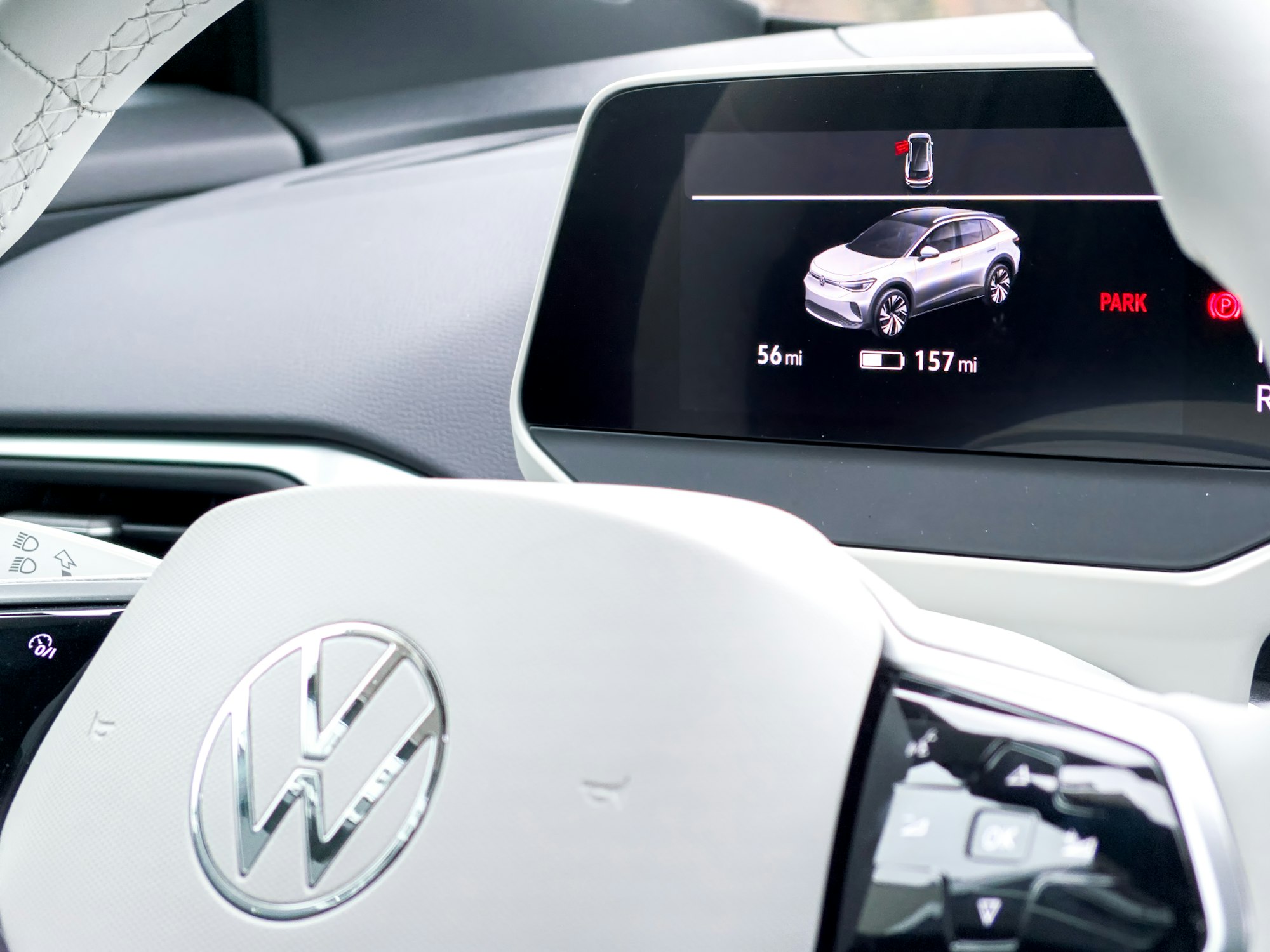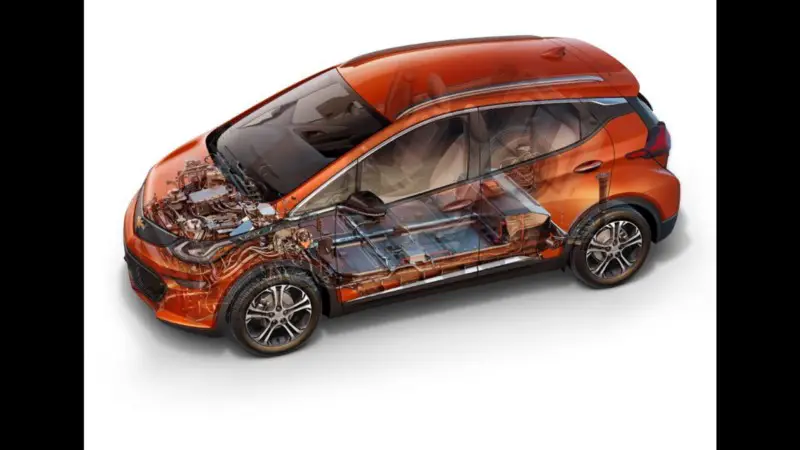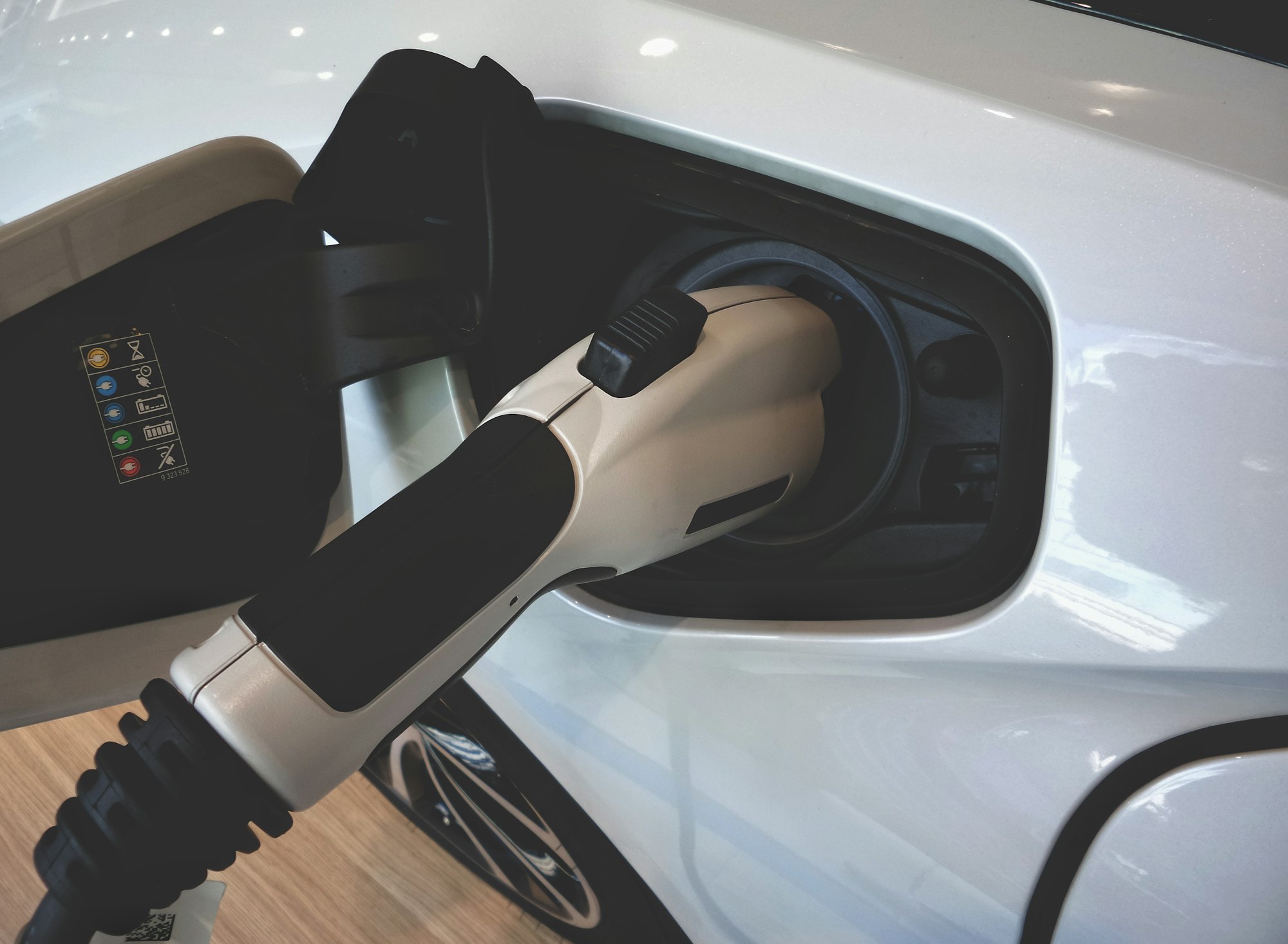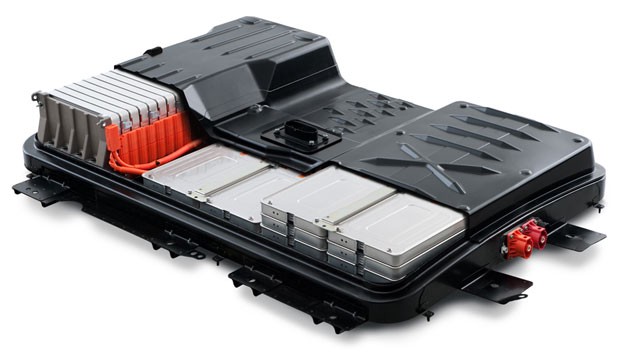Electric Car Safety, Maintenance, and Battery Life
Your main problem in keeping your electric car well-maintained is going to be finding a mechanic who knows how to do it. Most automobile…


Your main problem in keeping your electric car well-maintained is going to be finding a mechanic who knows how to do it. Most automobile mechanics are trained in working with internal combustion engines and may be surprised when they look under the hood of your car to find out that it doesn’t have one. This means that you’ll probably have to take your car to the dealership for
SAFETY

EVs must undergo the same rigorous safety testing and meet the same safety standards required for conventional vehicles sold in the United States as well as EV-specific standards for limiting chemical spillage from batteries, securing batteries during a crash, and isolating the chassis from the high-voltage system to prevent electric shock. In addition, EVs tend to have a lower center of gravity than conventional vehicles, making them less likely to roll over and often improving ride quality.
One safety concern specific to EVs is their silent operation; pedestrians may be less likely to hear an EV than a conventional vehicle. The National Highway Traffic Safety Administration is studying ways to address this issue, such as requiring EVs to emit audible sounds at low speeds. This option is already available on many EVs, including the Chevrolet Volt and Nissan Leaf. In any case, you should use extra caution when driving your EV in pedestrian areas.
VEHICLE MAINTENANCE

Because of their differing technologies, all-electric vehicles (BEVs) and plug-in hybrid electric vehicles (PHEVs) have different types of required maintenance. Both will require minimal scheduled maintenance to their electrical systems, which can include the battery, electrical motor, and associated electronics. However, because of regenerative braking, brake systems on EVs typically last longer than on conventional vehicles.
The motor contains perhaps half a dozen moving parts, as compared to the hundreds of working parts in an internal combustion engine. There’s just not that much in an electric car motor that can wear out and when it does, it’ll be relatively simple to replace.
Chances are that by the time your new car’s five-year warranty runs out, even the mechanic at your local garage will have learned how to service an electric motor and he probably won’t charge all that much to do it, either.
In general, BEVs require less maintenance than conventional vehicles because there are usually fewer fluids (like oil and transmission fluid) to change and far fewer moving parts. In contrast, because PHEVs have gasoline engines, maintenance requirements for this system are similar to those in conventional vehicles.
BATTERY LIFE

Like the engines in conventional vehicles, the advanced batteries in EVs are designed for extended life but will wear out eventually. Currently, most manufacturers are offering 8-year/100,000-mile warranties for their batteries. Nissan is providing additional battery capacity loss coverage for 5 years or 60,000 miles. Manufacturers have also extended their coverage in states that have adopted the California emissions warranty coverage periods, which require at least 10-years coverage for batteries on partial zero-emissions vehicles.
The longer you own an electric car, the shorter its driving range will become. This will start happening from day one, but the change will be so slow at first that you won’t notice and it won’t stop working all at once, either. Electric car batteries don’t so much die as they fade away. Most estimates predict that the typical lithium-ion electric car battery will be good for more than 100,000 miles (160,934 kilometers) of driving while still maintaining a decent driving range. But it’s possible that one day you’ll decide that you simply find yourself recharging your battery too often and you’ll take your car back to the dealership, or perhaps to a battery specialty shop, to get the battery replaced.




